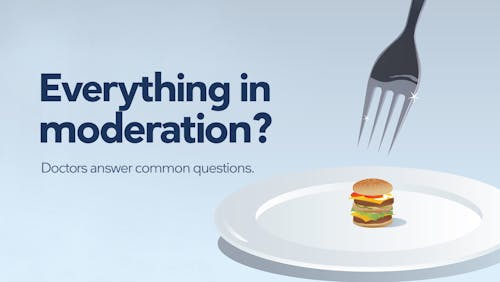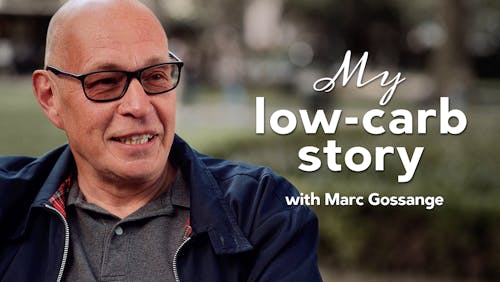Could a keto diet increase the risk of diabetes (if you’re a mouse)?

Is it dangerous to follow a keto diet? A new study resulted in scary headlines recently, and got plenty of attention online – perhaps a keto diet could increase the risk of diabetes?
Sky News: ‘Keto diets’ could increase diabetes risk
While new science is always welcome, what is most needed sometimes is a reality check.
In the study, researchers fed mice (!) a keto diet for three days (!), and then ran a glucose tolerance test. They noticed that while the mice on a keto diet had a lower fasting blood glucose, it got higher after the glucose tolerance test and there were signs of a reduced effect of insulin compared to mice on regular mouse chow. That’s basically it.
The result? Newspaper headlines from click-seeking journalist warning about diabetes if people (humans, presumably) eat a keto diet.
Where to start. First of all, and crucially, humans are not mice. Secondly, the short-term (three days) adaptations to a keto diet may very well reduce the tolerance to a sudden glucose load, but whether that is a bad thing (even in mice) or simply normal is an open question.
Most importantly, a number of long-term studies (over months and years) and decades of experience in actual humans show that a keto diet reverses type 2 diabetes.
I guess the question is what you want to believe in. Debatable lab findings from one three-day mouse study, or long-term studies and practical experience in humans showing reversal of type 2 diabetes. I suggest the latter.
Success stories on keto (diabetes success stories)
Earlier
Who is to blame for the obesity epidemic?
Why is there an obesity epidemic among Thai monks?



































